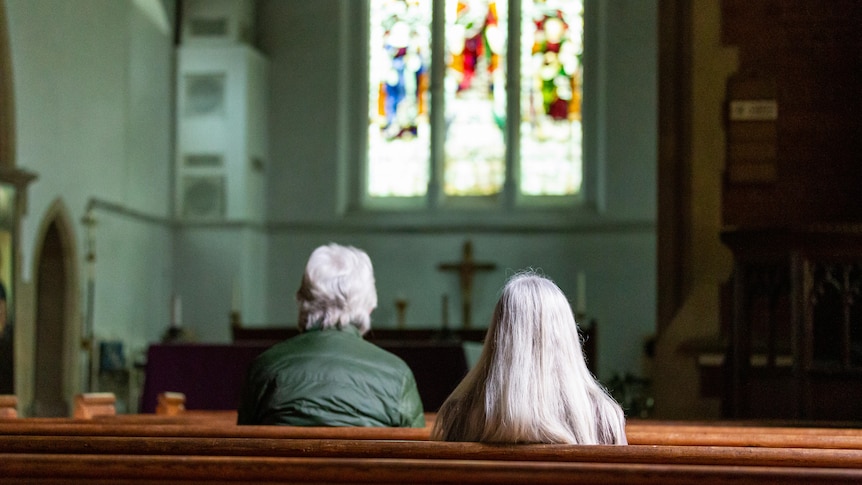On a typically grey London morning a few years ago, I groggily took out the oat milk from the fridge and made myself a cup of a tea, as is my ritual most days. This particular morning, however, the print on the side of the oat milk carton stood out at me and I read the copy for the first time:
You have a human right to know what goes in your body! And that’s why we only include 100 per cent oats in our milk!
At the time, I was working on human rights cases for children living in poverty in the UK. My working hours were spent reading harrowing tales of abuse, neglect, and lack of basic services, and then thinking about how human rights law might provide a solution. So it struck me as odd that I, the purchaser of overpriced alternative milk, was being made aware of my rights to have bodily autonomy about the choice to consume only the finest oat milk on the market.
Legally speaking, I thought, I do have a right to exercise bodily autonomy, in the same way I had been thinking about the rights of vulnerable children to be free from bodily harm. But to somehow equate my consumption habits with the rights of children to have recourse against the state for abject failures to keep them safe seemed morally wrong and missing the normative point of rights entirely.
In an increasingly complex world, the conflicting rights of different groups are coming into sharper focus. The point of human rights is, of course, that they apply to everyone. International human rights norms are explicit in protecting all people, “without distinction of any kind, such as race, colour, sex, language, religion, political or other opinion, national or social origin, property, birth or other status”, as set out in the Universal Declaration of Human Rights. But human rights have never been absolute; the intention has always been to weigh up competing interests with nuance and proportionality.
Australian Matildas captain Sam Kerr during the FIFA Women’s World Cup on 16 August 2023. (Photo by Joe Prior / Visionhaus via Getty Images)
Earlier this year, Australian Matildas captain Sam Kerr was charged in the UK with racially aggravated harassment for allegedly calling a London police officer a “stupid white bastard”. The reactions varied wildly: some commentators said it could not be considered racist for a woman of colour to level such an insult at a white man; others claimed that interpersonal racism against white people was still racism. The more considered reactions rightly pointed out that racism, and the right to be free from discrimination, can’t be considered separately from structures of institutional power, which have historically been used to oppress or exploit non-white populations. For race discrimination laws to be used by a police officer, a representative of the state, against a woman of colour, albeit a high profile one, is a perversion of the intent of those laws, and its origins in the right to equality for all people.
A few years ago, a friend agreed to do an interview with the ABC about how she had bought her first property as a single woman. In it, she had said that she had tried to carry herself with “the confidence of a mediocre white man” when going to house inspections where real estate agents routinely failed to take her seriously as a buyer. A few months later, the journalist contacted her to say that a member of the public had filed a complaint against her to the Australian Human Rights Commission for propagating hate speech and violating his human rights. The Commission promptly dismissed the claim, no doubt moving on to more pressing matters within its case load.
But if human rights do belong to everyone, it can’t be true that the intersection of gender and race means that that some groups will never hold rights, or have their claims taken seriously, if they have genuine merit. To fall into this trap unnecessarily feeds the paranoia of fringe groups who claim that progress made by human rights movements represents a threat to the traditional order of things.
Want the best of Religion & Ethics delivered to your mailbox?
Sign up for our weekly newsletter.
For example, research into men’s rights activist groups has shown that radicalisation into these worlds is often motivated by the feeling among boys and men of being left behind, or belonging to a system that doesn’t value them. The reaction then becomes to regain the perceived lost entitlements, through domination and violence if necessary. Such warped logic is not only unjustifiable but also reductive — it is only true if the complexity of political and personal power dynamics is reduced to binary notions of gender alone.
Black feminist writer Roxanne Gay warns against pitting identity markers against each other:
We need to stop playing Privilege or Oppression Olympics because we’ll never get anywhere until we find more effective ways of talking through difference. We should be able to say, “This is my truth” and have that truth stand without a hundred clamouring voices shouting, giving the impression that multiple truths cannot coexist.
Of course, often when marginalised groups dare to say “This is my truth”, they are routinely ignored or discredited, in order to keep existing structures in place. But that is not to say we should give up on the idea of a public sphere and institutions that accept multiple truths and that has the courage to navigate the complexity that plurality represents.
The ethical core of human rights posits the possibility of a world where everyone is afforded respect, dignity, and autonomy within the reality of political and economic structures which would otherwise readily determine our worth in accordance with historic norms. We are each deserving of the recognition of our inherent value and should have the generosity to award others the same.
Anika Baset is a human rights lawyer based in Melbourne.
Posted , updated





